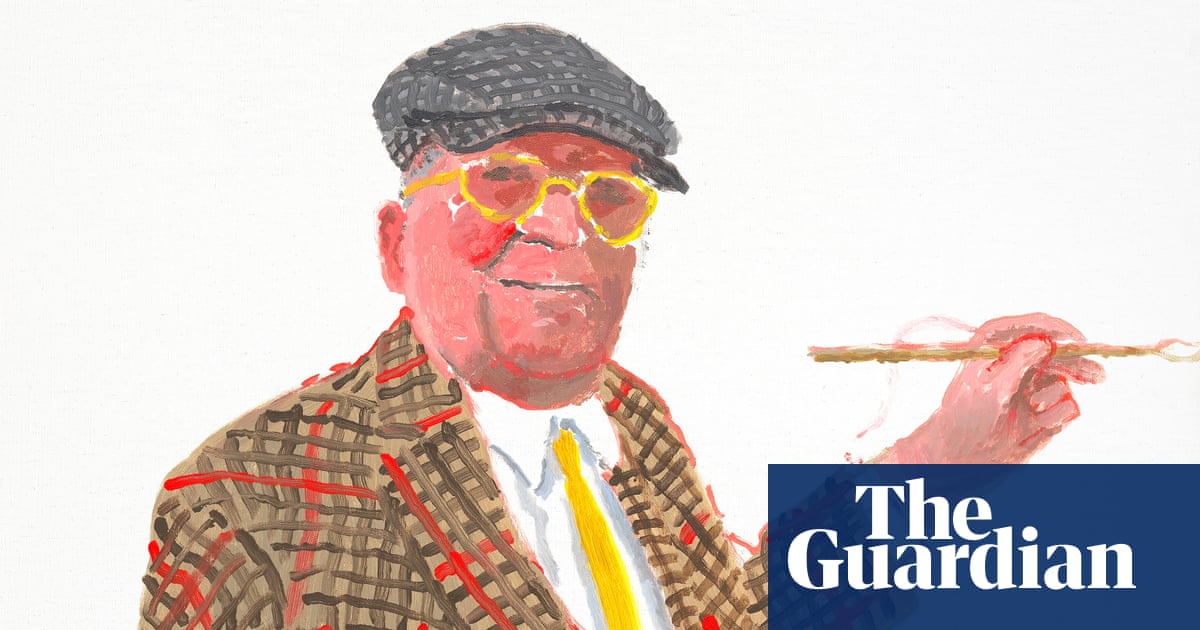
Unprecedented (BBC Four) | BBC iPlayer
A House Through Time (BBC Two) | BBC iPlayer
The First Team (BBC Two) | BBC iPlayer
Space Force (Netflix)
Upload (Amazon)
Homecoming (Amazon)
If one thing’s been travelling faster than this tawdry wee breathsucker of a virus it’s our social attitudes to it; from semi-amused incomprehension a mere nine weeks ago to a sudden month of truly healthy and inventive stoicism; then after one mid-May week of blitheringly mixed messaging, the inevitable collapse of kind cohesion, and Britain’s apparent default setting of twitchy partisanship, blame-gaming and whataboutery.
This was the challenge presciently posed, by Headlong Theatre and Century Films, to some of our finest contemporary playwrights a full week before lockdown: to chronicle angers, acceptances and attitudes during what was to come. And I’d have to say that, in Unprecedented, which happened to run this week on BBC Four but will stand the test of time, I was striding around my lockdown simply applauding the wealth and health of playwriting in general, and acting (especially young acting) in particular.
From James Graham’s bedridden teenagers to John Donnelly’s wage-slaves being Zoom-sacked, via a lovely little Tim Price romance, we had a number of perfect, nine-minute arcs of life. Lennie James and Gemma Arterton opened our eyes to the plight of the homeless and the fact that polite coercive abuse is so often the demesne of the privileged; Katherine Parkinson sobbed for all of us against misunderstood generational grievance – and all so astonishingly condensed, when you consider that it can take Netflix, or some-such, 400 hour-long episodes to solve a crime.
The only problem lay in the timing. Unprecedented, by circumstance of writing in the very early weeks, perforce could not reflect the savage post-lockdown confusion or niggling subjective politics that have emerged in the past fortnight. ITV’s Isolation Stories three weeks ago, “curated” – I want to Zoom-sack (or at least furlough) my own fingers for having managed to write that dreadful word, but nonetheless – by Jeff Pope, was not only rather fine but also better placed to take account of fast-paced alterations.
One thing that has emerged is this: the video-chat is here to stay as a staple of drama. Our inarticulate ‘no-sorry-you-were-saying?’, ever hamstrung by that appalling techno-twitch between words, smile and meaning, has never been better inarticulated than by articulate actors.
Thank whoever you count as a higher power for the return to terrestrial television of decent quality, after news bulletins that veer wildly between the sanctimonious (“Can you personally guarantee 100% that…?”) and the maudlin, and schedulers trying slyly to slip in reruns that failed to float anyone’s boats (Maigret, Vienna Blood).
The chunky – intellectually and socially – A House Through Time saw David Olusoga in his adopted home town of Bristol, and finding a 1718 house built wholly on the slave trade. The big find of course would have been a street in Bristol or Glasgow not built wholly on the slave trade.
This hugely endearing series has at its heart Olusoga himself, who is seldom quick to judge. But it also has an industrious team of researchers (who was the one who had to trawl 300 years of West Country newspapers to find that teensy advert for an escaped slave? Big kudos anyway!), which adds inestimably.
What is emerging is nothing less than the tale of an entire city. Wise, glorious, often squalid, eminently watchable.
Also, there was a BBC Two offering called The First Team, about an (unnamed) Premier League kickball club, which sounded initially unappealing. It is delightful, or at least as delightful as anything about football that sets itself up as a comedy might ever manage to be.
Written by the people behind The Inbetweeners, it focuses on the losers of the bunch: keen young woke Yank, stoic scouser, blingy gawk who believes anything posted is good publicity. It is joyous and eventually moving, in its explorations of greed, hashtags, bullying, crap management, unentitlement, and the average 20-grand-a-week bloke’s grasp of the #MeToo movement. It is far from perfect but it’s punchy, and, crucially, funny.
Which Space Force is not. Despite the presence of Steve Carell and John Malkovich and a darn huge team of other wonderful actors and writers and set designers, this is essentially based on something said by Donald Trump a few years ago, along the lines of having boots on the moon again.
Lined against that, we have Hollywood seeking to satirise but missing at every mark. Space Force fails on every level: it is hugely expensive, it has one genuine laugh in the first five episodes, it attempts to rip the tweedle out of the Trump administration but doesn’t have any actual targets, it confuses sanctimony with discussion, Carell’s antihero is a nebulous catch-all, it makes no sense. For once, fewer competing writers please.
Yet the co-creator of Space Force is Greg Daniels, also behind the irrepressible Upload, among the best things I’ve watched in May. It is utterly flawed but utterly compelling, being the futuristic tale of guy-meets-gal, guy dies in horror self-driving car accident, rich credit-card gal pays for upload to a groovy afterlife, handsome geezer lands in nice lakeside hotel with no friends or memories.
Apart from the cheesy romance, which wears at times, between the dude and his “angel” uploader, this possesses huge imagined inventiveness. I’m at episode seven and still adoring it.
Likewise Homecoming, which was built on the strength of Julia Roberts. Who has now seceded to Janelle Monáe as a gal who wakes up in a boat and has to paddle gamely ashore and discover that, rather than being mean-ass military, she was, past-life, a legal “fixer”, with all that entails.
Right from the off I was enthralled – and pretty wonderful throughout it turned out to be. Until an untied end. Homecoming has to be recommissioned: for the style, for the acting, for the jobs, but also for the passing comments on “social-media influencers”, who would appear to be shedding their jobs at an alarming rate. There are upsides to this lockdown.












